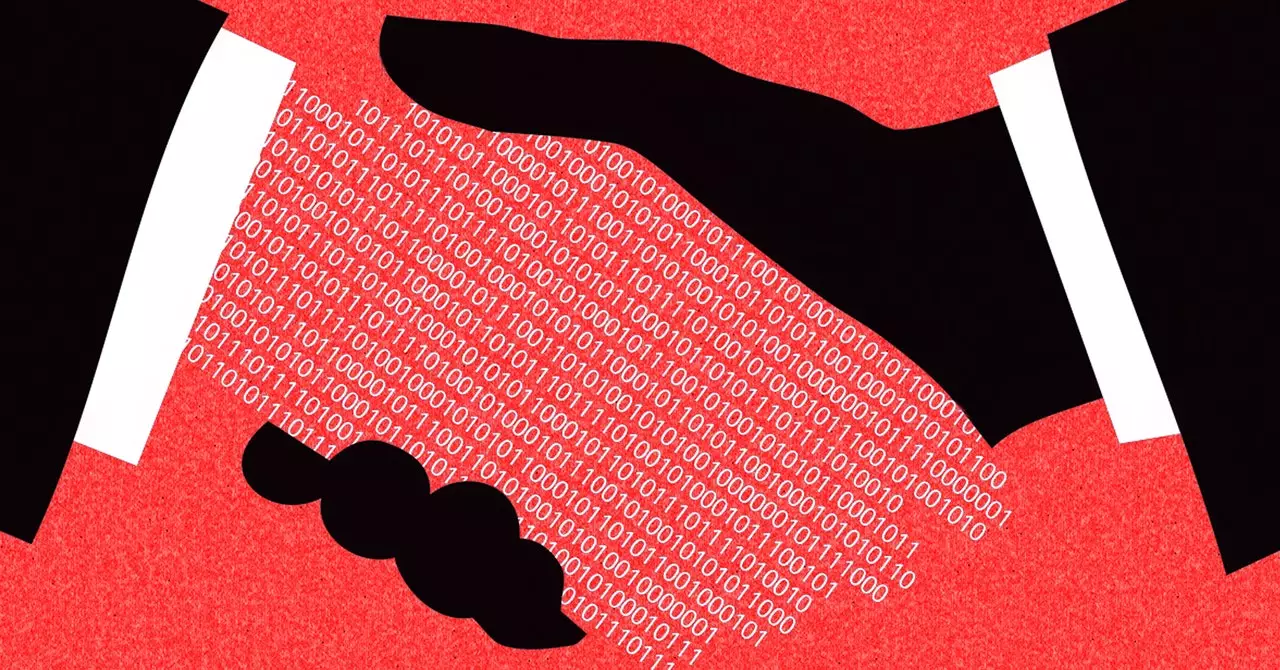The relationship between artificial intelligence and online content platforms like YouTube has long been fraught with complexity. Historically, many AI companies have relied on a practice of “scraping” content from these platforms without permission, raising ethical and legal questions about the ownership and utilization of digital media. However, a transformative initiative called “License to Scrape,” launched by Calliope Networks, is poised to shift this paradigm. This program seeks to protect the rights of content creators while simultaneously catering to the soaring demand for AI training data. At the heart of this venture is a simple yet revolutionary idea: to create a legal framework that allows AI companies access to YouTube content through consent-based licensing rather than unauthorized scraping.
The founder and CEO of Calliope Networks, Dave Davis, envisions a collaborative model in which YouTube creators can actively participate in the AI data economy. By aggregating a significant volume of video content, Calliope aims to negotiate blanket licenses that provide a win-win scenario for creators and AI companies alike. Unlike other social media giants, YouTube has not previously established formal agreements with AI developers, creating an opportunity for Calliope to fill this gap. Davis’s background in traditional media licensing suggests that he recognizes the potential for monetizing content while maintaining creator rights—a vision that aligns with the industry’s shift towards regulated and ethical AI training practices.
Under the Licensing to Scrape initiative, YouTube creators interested in monetizing their content would enter into contracts with Calliope Networks. In turn, Calliope would sublicense this content to AI companies seeking training data to develop advanced generative models. This model not only ensures that content creators are compensated for their work but also provides AI developers with a reliable source of diverse video data, a critical component in improving AI capabilities. To get this initiative off the ground, Calliope needs to attract a substantial number of creators, estimating that a collection of 25,000 to 50,000 hours of content could make the licensing agreement appealing enough for AI firms.
The success of License to Scrape hinges on the cooperation among YouTube creators. The underlying strategy is to unify content producers to form a collective that can offer substantial content libraries for AI training purposes. This cooperation is vital given that the AI industry thrives on vast amounts of data. By banding together, smaller creators can leverage their collective power to negotiate better terms and earn fair compensation for their contributions. Calliope networks exemplifies a contemporary evolution in content licensing practices, drawing inspiration from established structures in the music industry, such as BMI and ASCAP, which have long utilized blanket licenses.
Early feedback from creators has been encouraging, and Calliope Networks has begun to engage with influencer marketing agencies like Viral Nation to expand its reach. Positive responses indicate a growing interest among YouTube content creators in monetizing their work through this licensing model. The challenge remains to build momentum and create a sufficient content base. Without marquee names backing the initiative as of yet, the recruitment process is still in its nascent stages. However, expertise and buzz from industry veterans and influencers suggest that there’s significant potential for reaching the critical threshold needed to attract AI developers.
The Implications for the AI Industry and Content Creators
If successful, the License to Scrape program could redefine how AI companies interact with content platforms and creators. It would establish a precedent based on mutual respect and benefit, which has been largely absent in the current landscape. As the demand for AI training data continues to skyrocket, innovative frameworks like this could pave the way for a sustainable partnership between AI entities and content creators, ensuring that the latter receive recognition and compensation for their invaluable contributions. This initiative represents a promising step towards balancing technological advancement with ethical considerations in the digital economy.


Leave a Reply